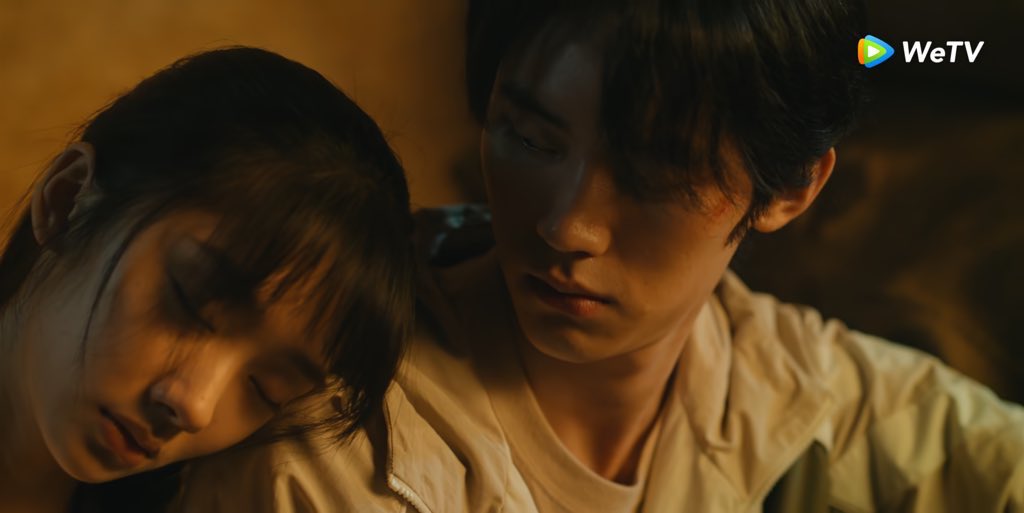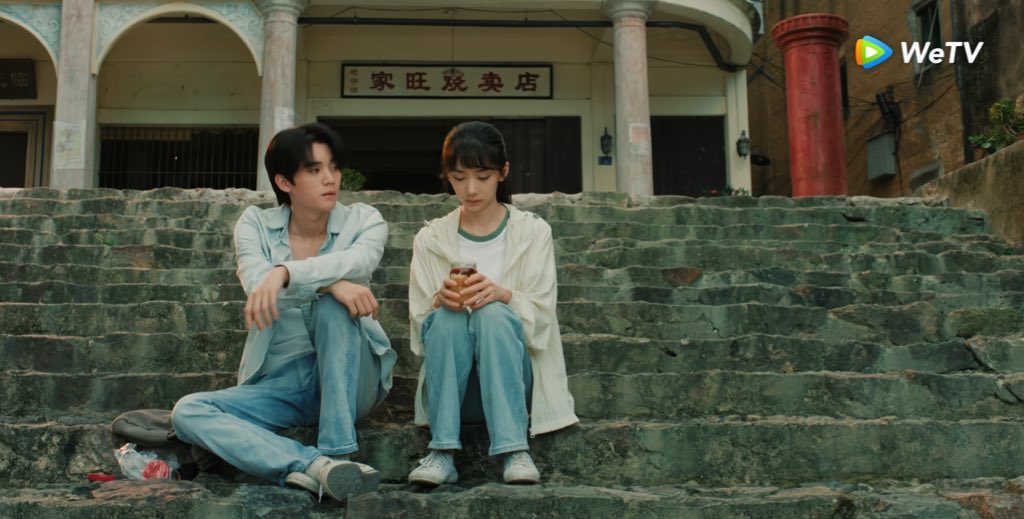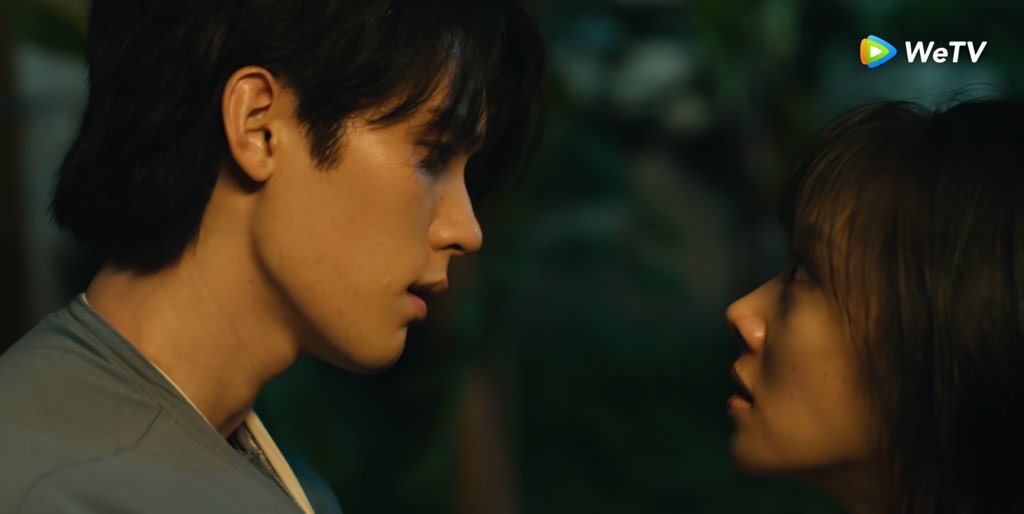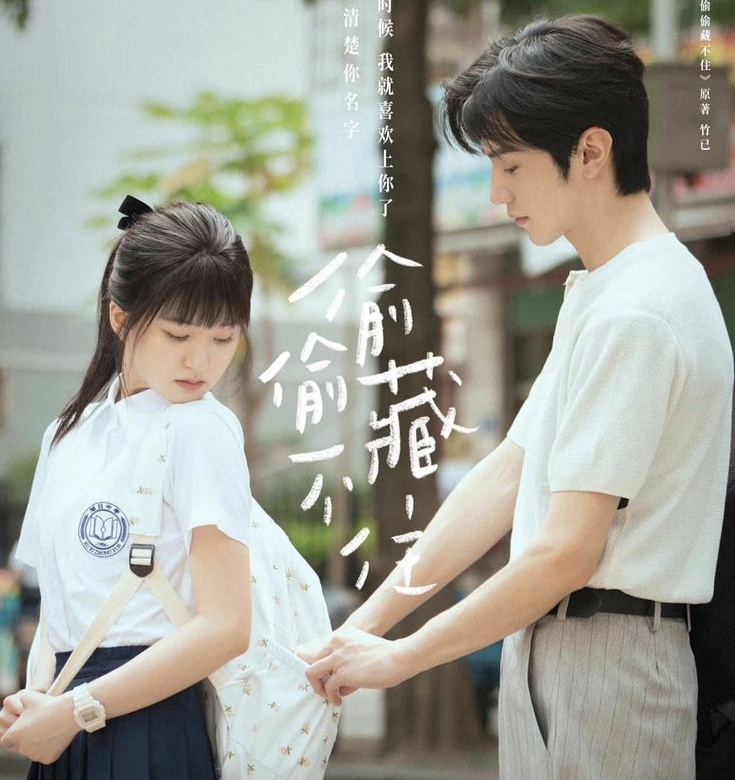Episodes 3 and 4 of Twelve Letters strike a delicate balance between emotional storytelling and the growing tension of its central mystery. Tang Yixun’s hardships in 1991 feel more personal than ever as his bond with Ye Haitang quietly intensifies, giving the past timeline a poignant edge. At the same time, Haitang’s determination to uncover the truth behind the letters begins to shift the drama’s tone toward suspense, ensuring the story remains both heartfelt and gripping. These episodes highlight why Twelve Letters is a compelling watch — it’s not just about solving a puzzle, but about how love, pain, and hidden secrets connect across time.

In episode 3, the story continues weaving between 1991 and 2026. Tang Yixun’s struggles in the past grow more personal as his bond with Ye Haitang deepens, while in the present Yun Nian digs into her parents’ past after arriving in Pushui. The letters and the mysterious mailbox begin to surface with more weight, connecting the two timelines in intriguing ways. The atmosphere remains slow-burn, but there’s a quiet intensity in how secrets start to take shape.
Episode 4 raises the stakes further. Haitang becomes more active in uncovering the truth behind the letters, while Yun Nian’s investigation hints at a larger, possibly criminal thread linking the eras. Supporting characters, who seemed peripheral before, step into the spotlight as possible keys to the mystery. This episode cleverly shifts from reflective to investigative, proving that the drama isn’t just about melancholy nostalgia but also about suspense and uncovering hidden truths.

What makes these episodes stand out is their careful attention to detail. Small-town moments in 1991 feel lived-in, giving emotional grounding to the bigger puzzle. The dual narrative, while slower in pace, rewards viewers who pay attention to subtle shifts and recurring props like the letters themselves. Performances from the cast continue to impress — the leads embody their characters with nuance, and the shifts in tone between resilience in the past and quiet searching in the present feel seamless.
If there’s one challenge, it’s pacing. The series remains deliberate, which may frustrate viewers looking for quicker reveals. A few scenes lean on heavy dialogue to bridge the timelines, but overall the narrative flow still manages to intrigue. Standout moments include a late sequence in episode 3 that reframes a character’s true motive with heartbreaking subtlety, and episode 4’s investigative sequence blending memory and legal records, turning curiosity into urgency.

Overall, these episodes strengthen the appeal of Twelve Letters as a thoughtful mystery with heart. The show trades instant gratification for atmosphere, emotional weight, and slowly earned reveals. If you’re drawn to character-driven dramas with layered mysteries, episodes 3 and 4 confirm that this is one worth sticking with.
Twelve Letters is available for streaming on Tencent Video (WeTV) with Chinese audio and subtitles. International viewers can also find episodes on select streaming platforms and fan-subbed sites, though availability may vary depending on region. For the best experience and timely updates, Tencent’s official platform is the recommended source.




